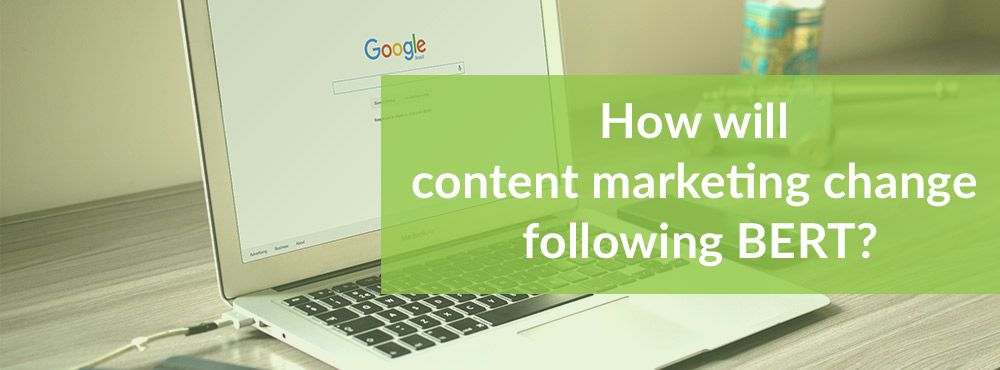Using keyword research and search information to guide content marketing for our clients has been a strategy we have always used at Media Matters. This is important because it means you can mimic the language your audience uses and appear in the SERPs (Search Engine Results Pages). But it means you meet their search intent by providing the information that they are looking for, in the way they are looking for it. This article underpins why this approach is even more important after the Google BERT update.
Think of ‘Bert’ and what is the associated word that comes into your head. Ernie? Ok, now scrap that – it’s completely irrelevant. The new word you need to associate with ‘Bert’ is ‘algorithm’, or to be more precise, ‘context’.
When Google announced the BERT update towards the end of 2019, they said it was their most important update in five years; although those most recently affected by Medic might disagree. But what is BERT and how has it affected SEO?
BERT was a major google update, which affected search queries that relied on context. Standing for Bidirectional Encoder Representations from Transformers – stay with me – Google made an adjustment to its algorithm, implementing deep learning so that it can better understand natural language processing, context nuances and entity recognition.
This is what Google had to say:
“These improvements are oriented around improving language understanding, particularly for more natural language/conversational queries. BERT helps Search better understand the nuance and context of words in Searches and better match those queries with helpful results.
Particularly for longer, more conversational queries, or searches where prepositions like “for” and “to” matter a lot to the meaning, Search will be able to understand the context of the words in your query. You can search in a way that feels natural for you.”
To put it in simple terms (or context), this means that as you start typing your search into Google, it’s auto-complete feature will understand what you are searching for before you finish, displaying relevant results. This algorithm also takes into consideration the changes in context between locations where, geographically, words can have different meanings.
Prior to this, Google would match terms, whereas now it is using natural language to understand the context of the search.
Google have provided the following examples to demonstrate the changes in results –


Changes to featured snippets
This update also featured changes made to featured snippets. We are now seeing featured snippets providing more relevant information, and a better experience.
What does this mean?
It means that content continues to reign supreme (as if you were expecting any other answer from a content strategist and marketer).
The BERT update provides businesses with a huge opportunity to drive more traffic to their websites with content that is more informed, focused, organised and written to meet search intent.
This also works well with the inbound methodology, which requires content to be created for each stage of the buyer journey. This means that you must create content with similar messaging, but from varying perspectives. For example, informational, navigational and transactional.
It’s been reported that BERT is only really having an effect on top-of-funnel content and informational keywords and content. Informational content has always been the easiest to rank for, so by using the ‘questions’ feature in tools such as AH Refs, you can answer specific queries by creating very focused content.
For a long time, the stance has been that long-form content performs higher – and on this count, I am guilty, but this may change because BERT isn’t looking at word count.
Do I write excessively long content? Yes.
Is it informed and written to meet specific search queries? Yes.
Am I going to try and shorten the content I write? Also, yes.
BERT is looking at quality and context – are you meeting the search intent of the user and providing them with the type of information that truly answers their question or query?
If you can answer a question in 400 words, why drag it out to 800? And it doesn’t have to be written content either; images, video and audio that has been optimised will rank well if they meet search intent and provide a good user experience.
If you aren’t creating content for your audience, then you are essentially limiting business growth. To start on your BERT-optimised content journey, you can begin to plan your content do this by creating informed strategies using tools such as AH Refs, SEMrush, Google Search Console, Google Trends and data sets from sites such as YouGov.
OR, by working with an agency with expertise in content strategy and marketing. If this is something you would like to discuss further, why not contact Media Matters and explore more about how we can help you.





